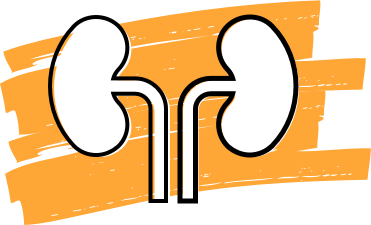What Causes High Blood Pressure?
- English
- Español
Did you know that one in three American adults has high blood pressure? That number may surprise you. According to a report from the American Heart Association, high blood pressure contributes to nearly 1,000 deaths per day. For this reason, it’s important to have your blood pressure checked regularly — and get treatment if you have high blood pressure.(1)
What causes high blood pressure?
The exact causes of high blood pressure are not known. However, some things may play a role in its development, including:
- Smoking
- Being overweight
- Lack of physical activity
- Too much salt in the diet
- Drinking too much alcohol (more than 1 to 2 drinks per day)
- Older age
- Family history of high blood pressure (heredity)
- Race (African Americans have high blood pressure more often and more severely than White Americans)
- Having chronic kidney disease
Can children get high blood pressure?
Yes, although high blood pressure is less common in children. Regular blood pressure checkups should begin during childhood and continue throughout life.
How do I know if I have high blood pressure?
Most people with high blood pressure do not have any symptoms. You can have high blood pressure for years without knowing it. For this reason, it is often called a “silent killer.” The only way to find out if you have high blood pressure is to have it checked regularly. Your healthcare provider will check your blood pressure during your office visits. Everyone — both children and adults — should have regular blood pressure checks.
If you would like more information, please contact us.
Reference:
Centers for Disease Control and Prevention, Division for Heart Disease and Stroke Prevention. Accessed on February 6, 2015 at http://www.cdc.gov/dhdsp/data_statistics/fact_sheets/docs/fs_bloodpressure.pdf
© 2015 National Kidney Foundation. All rights reserved. This material does not constitute medical advice. It is intended for informational purposes only. Please consult a physician for specific treatment recommendations.

